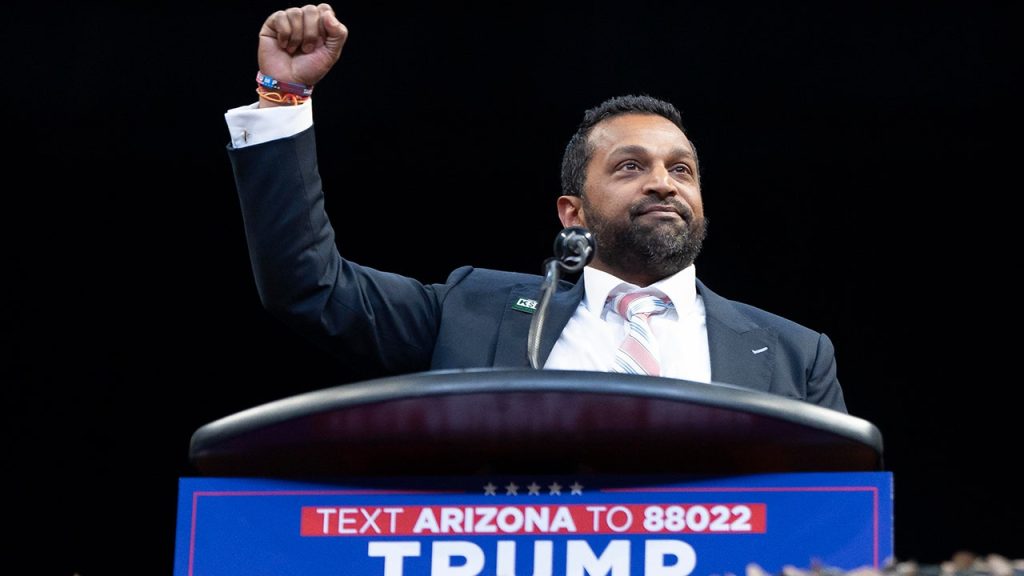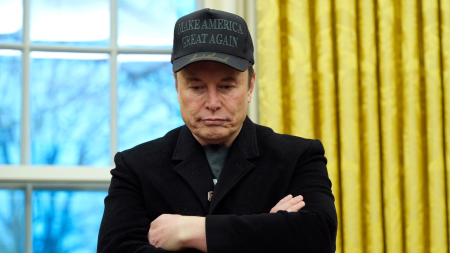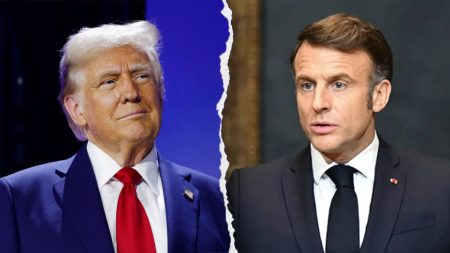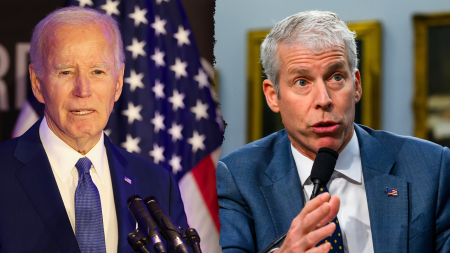Kash Patel, a figure known for his staunch criticism of the “deep state,” has received a resounding endorsement from the National Sheriffs’ Association (NSA) for the position of FBI Director. The NSA, representing approximately 10,000 active members, conveyed their enthusiastic support to the Senate Judiciary Committee, urging swift hearings and confirmation. Their endorsement letter, addressed to Senators Chuck Grassley and Dick Durbin, emphasized Patel’s qualifications, highlighting his “credentials, skills, temperament, commitment, and experience.” The NSA expressed confidence that Patel’s leadership would restore trust in the FBI through enhanced transparency, integrity, collaboration, and a dedication to excellence. They also lauded his commitment to working closely with local, state, tribal, and federal law enforcement agencies, believing this collaboration is essential to addressing pressing security and policing challenges.
Patel’s background includes experience as a public defender in Florida, where he handled a wide range of complex cases, including murder, drug trafficking, and financial crimes. His record also boasts a Department of Justice award received during the Obama administration for his role in prosecuting and convicting terrorists involved in the 2010 World Cup bombings. His prominence grew during the Trump administration, notably serving as national security advisor and senior counsel for the House Intelligence Committee under then-Chairman Devin Nunes. This period saw Patel deeply involved in investigations related to alleged Russian interference in the 2016 election, a matter he has characterized as a “hoax.”
The NSA’s endorsement letter not only champions Patel’s qualifications but also sharply criticizes the Biden administration’s law enforcement policies. The NSA contends these policies have weakened the rule of law, creating vulnerabilities that embolden both domestic and international criminals. They specifically point to border policies as a major factor contributing to these vulnerabilities, arguing that unchecked access to the country has facilitated criminal activity requiring a robust and coordinated response.
The NSA’s letter expresses a deep concern about the perceived disconnect between federal leadership and the realities faced by law enforcement on the ground. They argue that current border policies and law enforcement approaches have created an environment of increased risk and vulnerability for communities across the nation. They emphasize the imperative for close collaboration between local law enforcement and federal agencies to combat the growing influence of cartels and organized crime groups within the U.S. The NSA laments the lack of direct access to the President, leading to a perception that national leaders are disconnected from the ground truth of criminal trends and lack the necessary tools and resources to effectively address them.
This perceived disconnect, according to the NSA, fuels the belief that the current administration lacks a comprehensive understanding of the challenges posed by criminal activity, including the infiltration of cartels and organized crime. The NSA emphasizes the importance of federal law enforcement, informed by collaboration with local agencies, having a voice that is heard by decision-makers in Washington. They believe that Patel, with his stated commitment to working hand-in-glove with law enforcement at all levels, is uniquely positioned to bridge this gap and ensure a coordinated response to these complex threats.
In essence, the NSA’s endorsement of Patel signifies their belief that he possesses the necessary experience and commitment to revitalize the FBI, strengthen collaboration between federal and local law enforcement, and address what they perceive as critical vulnerabilities stemming from current administration policies. Their call for his swift confirmation underscores their conviction that he is the right leader to navigate these challenging times and restore confidence in the Bureau. They argue that Patel’s close relationship with former President Trump and understanding of his priorities would ensure that the FBI Director has the complete confidence of the President, facilitating effective communication and coordination in addressing national security threats.










